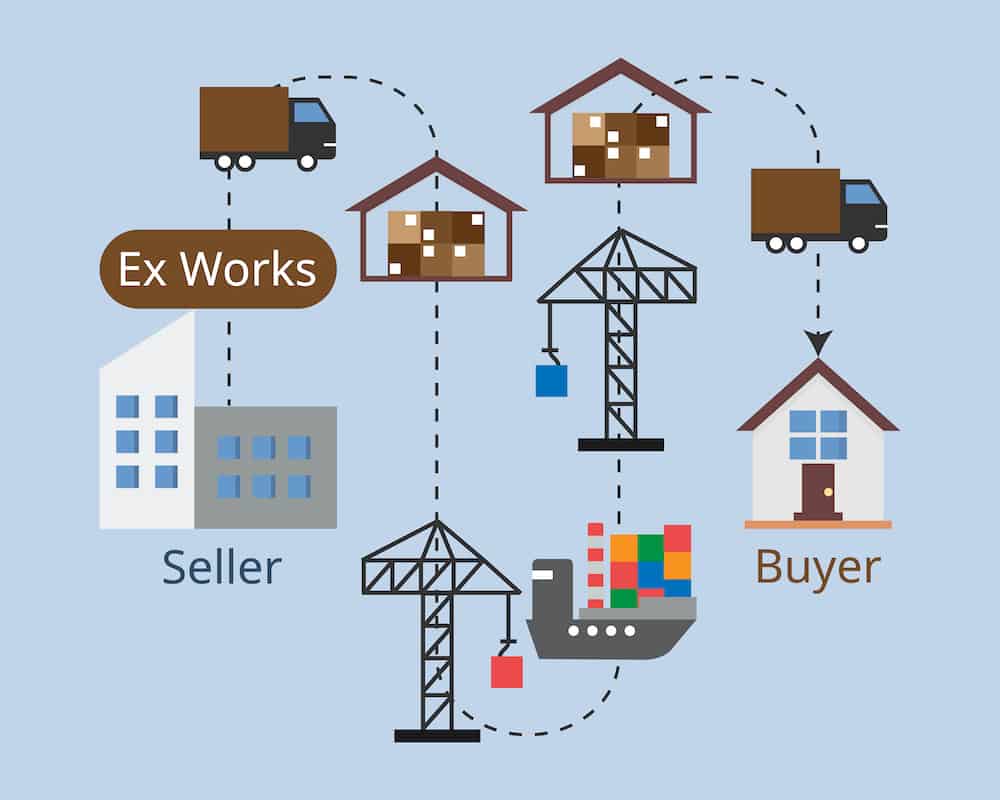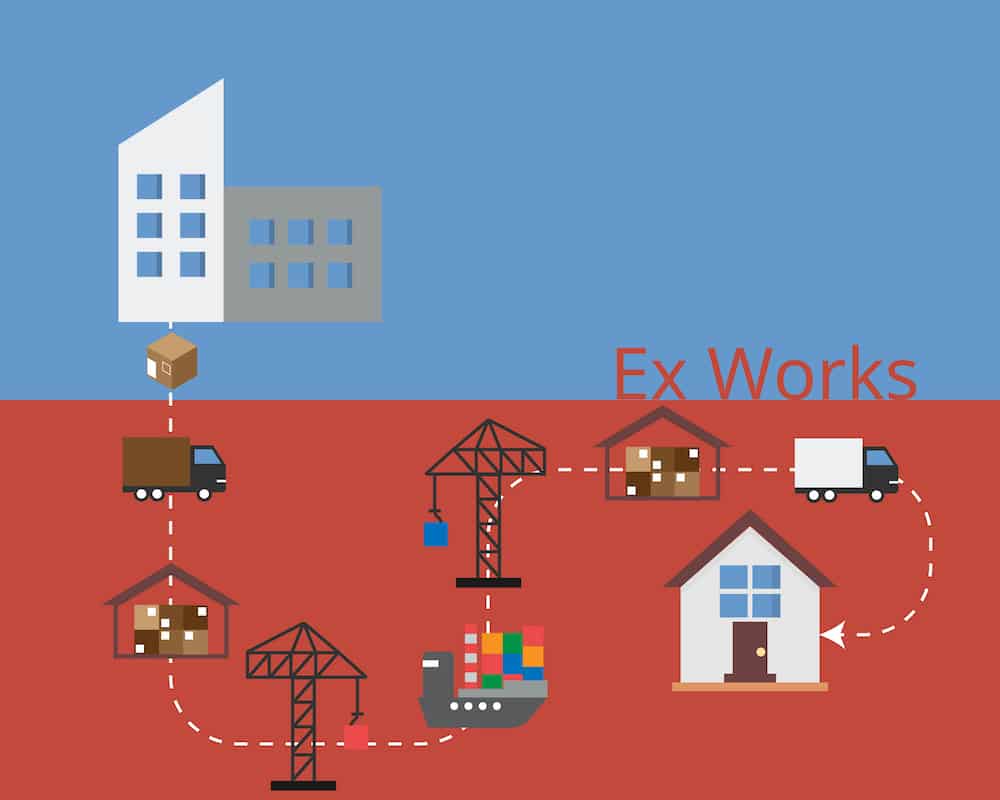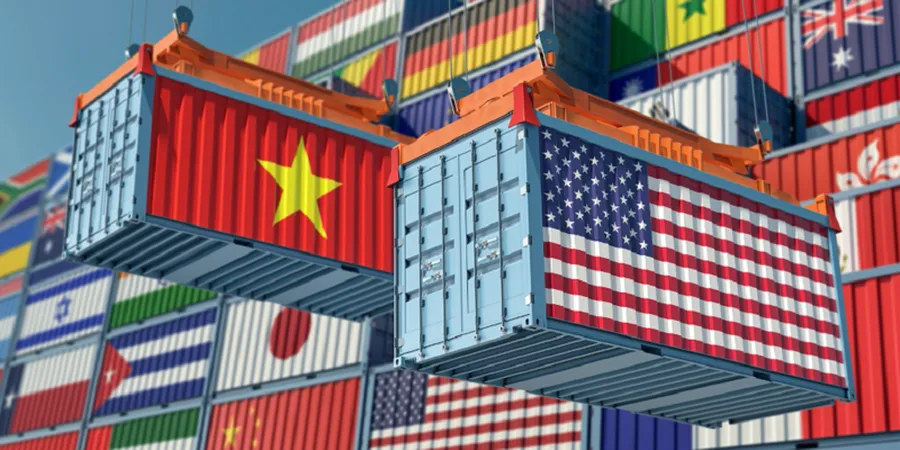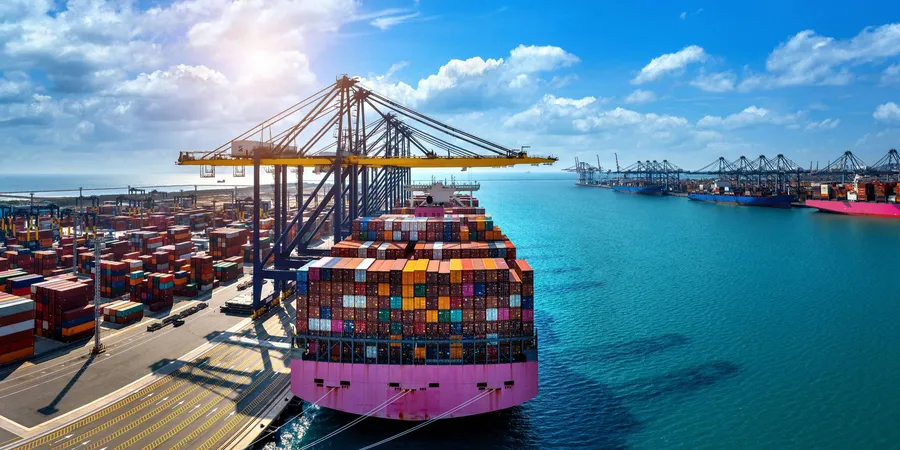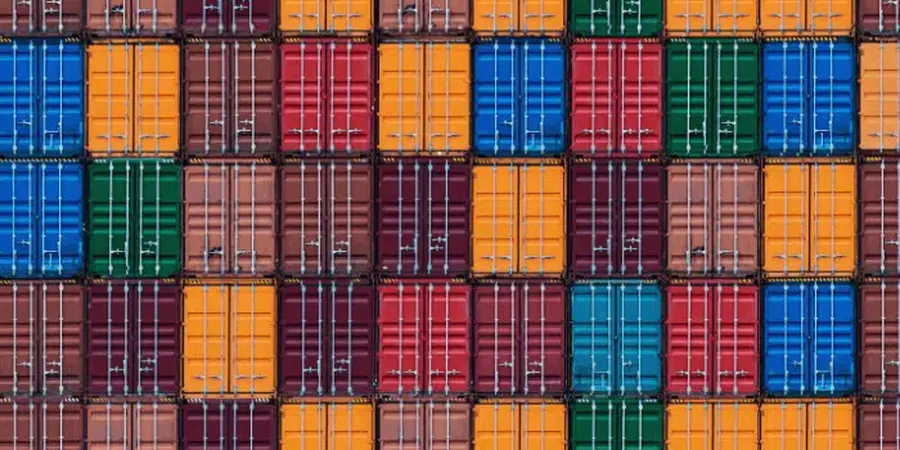What is Ex-Works in Shipping?
The term Ex-Works (EXW) figures on top of the list of Incoterms® that is published by the International Chamber of Commerce (ICC). One can also see it in several shipping documents and trading contracts.
What are Incoterms®? What does the term Ex-Works mean?
When the term Ex-Works is used on a shipping document, it means that the goods that are sold by the seller to the buyer will be delivered to the buyer at the seller’s storage facility or factory.
EXW can also be used to specify a place that has been agreed upon between the two parties, that is the seller and buyer, for the delivery of goods.
The term Ex-Factory is sometimes used in place of EXW. Both EXW and Ex-Factory Incoterms® apply to land, sea, and air modes of transport.
International Chamber of Commerce
How do business establishments, whether small or large, get themselves heard on the issues they face and their concerns? Who addresses their issues and concerns?
The International Chamber of Commerce (ICC) is the representative of these organizations and currently, it represents over 45 million members spread globally.
The ICC helps in the seamless running of international business. It has its headquarters in Paris, France and works in association with the United Nations (UN) and the World Trade Organization (WTO).
Incoterms®
Incoterms® is the short form for International Commercial Terms. These are terms used by the business community and cargo transport operators in the sale and the subsequent transport of goods by land, sea, or air.
The Incoterms® are updated and published by the International Chamber of Commerce once every 10 years. They help make communication between the different parties to trade and transport easy and unambiguous. Incoterms® is accepted universally by trading communities, transporters, government bodies, etc.
The current version that is used is the Incoterms® 2020. It has 7 rules that cover all the modes of transport and 4 that are specific to the transport of cargo over water. These rules are as follows:
- EXW – Ex Works (showing the place of delivery)
- FCA – Free Carrier (showing the place of delivery)
- CPT – Carriage Paid to (showing destination)
- CIP – Carriage and Insurance Paid To (showing destination)
- DAP – Delivered at Place (showing destination); replaces Delivered Duty Unpaid or DDU.
- DPU – Delivered at Place Unloaded (showing destination); replaces Delivery at Terminal or DAT.
- DDP – Delivered Duty Paid (showing destination)
The Incoterms® that are specific to water transport are the following:
- FAS – Free Alongside Ship (port of loading has to be mentioned)
- FOB – Free on Board (port of loading to be mentioned)
- CFR – Cost and Freight (show port of discharge)
- CIF – Cost Insurance and Freight (port of discharge to be shown)
Ex-Works
Ex-Works means delivery at the seller’s warehouse or factory premises, a freight forwarder’s warehouse, or the warehouse of the ocean carrier that would transport the cargo by sea to its final destination as specified by the buyer.
The rule of EXW Incoterm® is that once the goods are handed over to the buyer at the designated location, all the risks on the goods and costs associated with the transport will pass on to the buyer.
The buyer will be responsible for the transport and customs formalities required before exporting the goods. In such instances, the seller packs and labels the goods at this warehouse or factory premises, and has them delivered to the buyer at the agreed place.
When a contract to trade is prepared, both parties have to be careful in specifying the exact location of Ex-Works.
EXW may be the cheapest option for the buyer but one thing to remember is that he has to bear all the costs from the EXW location to his place of business. Unless the buyer is very confident of the government, port, and customs formalities to be completed before loading the cargo at the load port, EXW may not be the best option available.
FCA and EXW
What is FCA? FCA Incoterms® means Free Carrier. FCA shows the final place of handover of goods to the buyer or his representative. The goods will then proceed on their main journey from this location. The seller is responsible for the loading of goods onto the buyer’s transport.
Typically, this location is the port of origin or the freight forwarder’s storage facility. In the absence of any such mention of a location, the seller can deliver the goods to the buyer at a place convenient to him. But in practice, this will be a place suitable to both the seller and buyer.
In FCA Incoterms® it is the responsibility of the seller to pack, label, and complete all formalities relating to the export at the port of origin.
From a risk and convenience point of view, many businesses consider FCA as a better alternative to Ex-Works.
Source: Marine Insight


